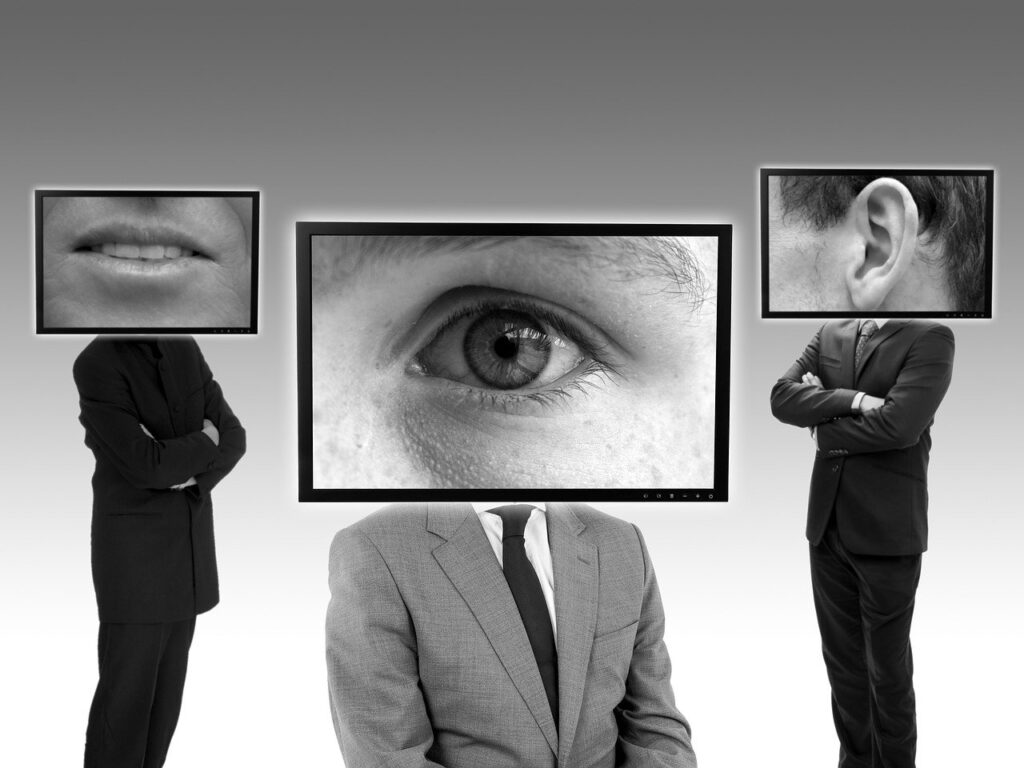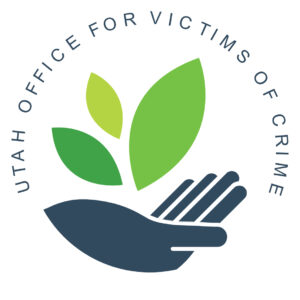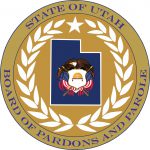Utah Board of Pardons & Parole
Information & Services for Victims of Crime
The Board of Pardons and Parole Victim Coordinator is the contact person between crime victims and Board Members. The Coordinator can help victims in preparing letters or statements for the Board.
Additionally, personal interviews to discuss specific victim concerns can be scheduled with the Victim Coordinator when requested. Depending on the request and availability, the Board’s Victim Coordinator may attend the hearing with the victim to give support.
This page can assist victims of crime understand Board processes, submit a request directly to the Board Victim Coorindator, and access a variety of helpful resources.
Contact Victim Coordinator
This link will take you to a form that will assist you in directly contacting the Board of Pardons and Parole Victim Coordinator. You can complete the form to ask general or specific questions or if you need to update your contact information maintained by the Board.
You can reach the Board's Victim Coordinator at 801-261-6464. You can also complete and submit a Crime Victim Request form or send an email to bopvictim@utah.gov.
Victim Advocate (Office of Substance Use & Mental Health )
This link will take you to the website for the Utah Office of Substance Use and Mental Health's (SUMH) Victim Advocate services. There, you will find information on how to make contact with the SUMH Victim Advocate, what is included in Utah's Victim's Bill of Rights, and many other helpful resources.
Victim Notification - VINE
This link will take you to the VINE website. VINE is a provider for general justice system notification services. Please note, VINE DOES NOT provide notification for scheduled Board hearings.
If you are a victim of record for an individual in prison and want to be involved, or continue to be involved, with Board hearings, it is ESSENTIAL that you maintain updated contact information with the Board by contacting our Victim Coordinator at 801-261-6464.

Notification and Involvement
Approximately three to four weeks before a hearing, our Victim Coordinator will notify the victims, in writing, of the scheduled hearing. Often the only available information about the victim was obtained at the time of the crime or at sentencing. If victims have a change of address or phone number please contact the Board’s Victim Coordinator. The new address or telephone number will be kept on file to ensure timely notification. This information is not released to the offender.
In cases where restitution is owing and the amount of restitution is unclear, victims may be contacted and asked to testify at a restitution hearing.
Victims have the right to be contacted regarding release dates. In order to receive notification, a victim must, in writing, request notification from the Department of Corrections (see Notification of Other Types of Releases below).
Utah laws require that victims be notified of original parole hearings and rehearings (Utah Code 77-27-5(2)(a) and 77-27-9.5). Prior to April 29, 1996, a victim was defined as an individual against whom the offender committed a felony or class A misdemeanor offense for which the hearing is being held, or a victim of record. After April 29, 1996, for the purpose of the right to be present and heard at a public hearing as provided by 77-38-2(9)(a) and 77-38-3(7)(a), a victim of crime also includes any victim originally named in the allegation of criminal conduct who is not a victim of the offense to which the offender entered a negotiated plea of guilty. A business may qualify as a victim for purposes of testifying.
Victim Input, Hearings and Disclosure
Whether a victim gives testimony at a hearing or not, the Board encourages victims to write a letter advising the Board of the impact the crime has had on them emotionally, physically, and financially. Those who want to attend a hearing, if it is conducted within the prison, please follow this link that discusses expectations of the Board and the Department of Corrections.
Victims should be aware that Utah Supreme Court decisions require the Board to provide the offender with copies of documents reviewed by the Board when considering a parole. The Board will give a copy of victim letters (with phone numbers and addresses removed) to the offender.


Notification of Other Types of Releases
By law, a victim may be notified of “other” releases of the offender (UCA 64-13-14-.7). “Other” releases are defined as releases other than those granted by the Board at the time of the hearing. These releases include:
- releases to, or from, a community correctional center;
- release to a program outside of the prison such as rehabilitation programs, state hospital, work release, or residential center; and
- escape.
A victim must submit a written request to be notified of release. You can contact the Utah Department of Corrections at https://corrections.utah.gov .
They will likely need the offender’s name, victim’s current mailing address, and the telephone number of a person who can be reached, in case of an emergency. Address changes and contact information must be provided to the Department of Corrections.
Utah Office for Victims of Crime
Victims of certain crimes may be eligible for compensation:
- The victim must have suffered physical or psychological injury or be the dependent of a deceased victim.
- A police report must be filed within one year after the occurrence of the crime.
- Claims must be filed within seven days after the occurrence of the crime.
Awards are made up to $25,000 for medical care, mental health counseling, loss of earnings, burial expenses, dental care, loss of support to dependents and some essential personal property items for the health and safety of the individual. No awards are made for property losses. The amount of the award is based on collateral sources available to the victim such as a Medicare, Medicaid insurance or worker’s compensation. Funding of the program comes from surcharges and criminal fines.
For further information or questions about qualification, awards or extenuating circumstances contact:
State of Utah
Office of Crime Victim Reparations
350 East 500 South, Suite 200
Salt Lake City, Utah 84111
(801)238-2360 in Salt Lake County
Toll free 1-800-621-7444 for all other areas in Utah
Or on the Internet at https://crimevictim.utah.gov/

